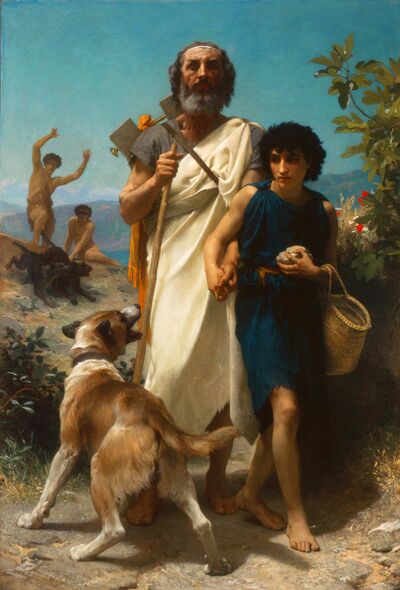Epic poetry was primarily written for the benefit and enjoyment of a wide range of audiences in ancient societies. These audiences included both the educated elite (aristoi) and the general populace, as epic poems served multiple purposes within the cultural and educational landscape of their time.

Educated Elite
Epic poetry held a special place among the educated elite, who were often the primary patrons and consumers of literary works. In ancient societies, such as ancient Greece and Rome, members of the aristocracy, nobility, and ruling classes were educated in the liberal arts, which encompassed the study of epic poetry. These individuals would engage with epic poems as a means of intellectual and cultural refinement, demonstrating their literacy and appreciation for the literary arts.
Cultural Transmission and Preservation
Epic poetry played a vital role in the transmission and preservation of cultural and historical knowledge. By recounting heroic tales and mythic narratives, epics served as repositories of a society’s collective memory, heritage, and values. These poems provided a medium for passing down cultural traditions, ethical principles, and historical events from one generation to the next. Epic poems became a vehicle for cultural continuity and a way to reinforce the social fabric of a community.
Paideia and Moral Education
Epic poetry held a central position in the educational system of ancient societies. The study of epics was considered an essential component of paideia, the Greek term for education and cultural refinement. Epics offered moral and ethical lessons through the portrayal of heroic characters who embodied cultural ideals and virtues. By engaging with epic poems, students were exposed to narratives that exemplified courage, honor, loyalty, and other desirable qualities. The aim was to cultivate a sense of civic responsibility, ethical behavior, and personal growth. Epics became a tool for character formation and the development of intellectual and moral faculties.
Intellectual Stimulation and Entertainment
Epic poetry also provided intellectual stimulation and entertainment for its audience. The grand narratives, vivid descriptions, and intricate plotlines captivated listeners and readers, transporting them to fantastical worlds and engaging them in epic quests and adventures. The aesthetic and emotional impact of the language, poetic devices, and vivid imagery added to the enjoyment of the audience. Epic poems were often performed in public gatherings or recited during festivals, providing communal entertainment and fostering a sense of shared cultural experience.
Fostering Cultural Identity and Unity
Epic poems contributed to fostering a sense of cultural identity and unity among the members of a society. The characters, themes, and motifs within the epic were often drawn from a society’s myths, legends, and historical narratives, thus reinforcing a collective sense of heritage. Through their shared engagement with the epic, individuals would bond over a shared cultural legacy, strengthening social cohesion and a sense of belonging.
Inspiration for Literature and Artistic Expression
Epic poetry served as a wellspring of inspiration for subsequent literary works and artistic expressions. Many later authors drew upon the themes, characters, and narrative structures established in epic poems to create their own works. The influence of epic poetry can be seen in various forms of literature, including tragedy, lyric poetry, and the novel. Additionally, epic narratives and characters often found their way into visual arts, such as painting and sculpture, as well as in performing arts, such as theater and opera.
